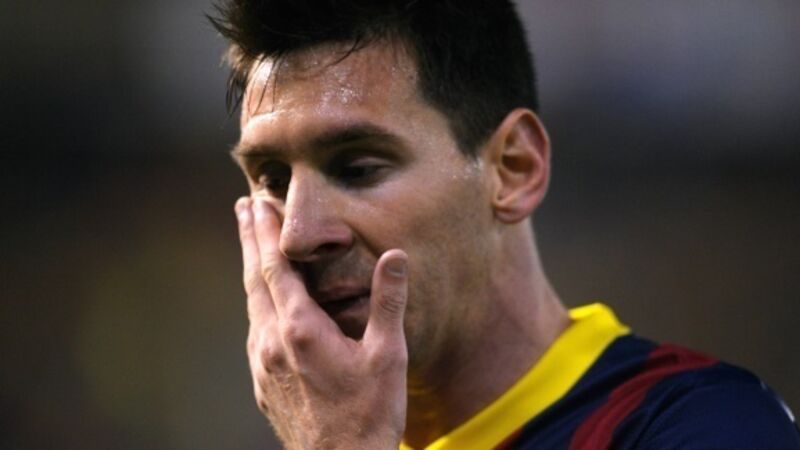Global game in fine health

Humiliated in the European championships in 2000 and 2004, they restructured their entire training system, invested systematically in developing homegrown players and after the agonising defeats of 2006 and 2008 have finally reaped the reward.
By contrast, Italy — winners in 2006, beating Germany on the way — continued along the same old path, and eight years later were humiliated.












